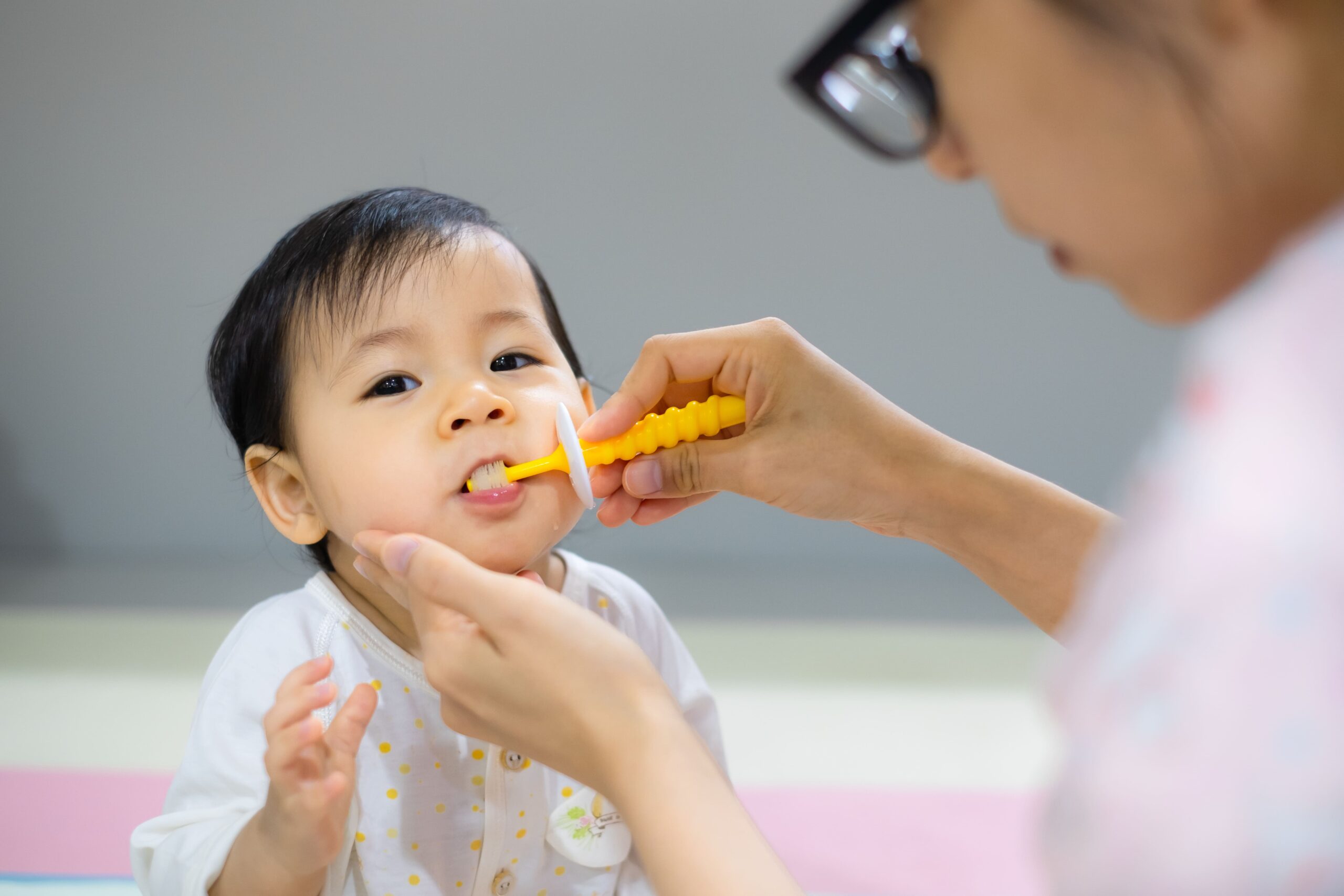As a parent, few things are more important than helping your child grow up healthy and confident. While nutrition, sleep, and general wellness are top priorities, oral health plays a critical role in a child’s development. Baby teeth, though temporary, are essential for proper speech, chewing, and guiding adult teeth into place. Establishing effective cleaning habits from the start sets the stage for a lifetime of healthy teeth and gums.
Even simple daily practices can make a dramatic difference. With the right tools, techniques, and routines, you can prevent cavities, reduce dental anxiety, and give your child a strong foundation for lifelong oral health.
Start Early: Cleaning Before the First Tooth
Oral care begins long before a tooth appears. Gently wiping your baby’s gums with a soft, damp cloth after feedings removes bacteria and establishes the habit of oral hygiene. This simple routine familiarizes your child with having their mouth cleaned, making future brushing less stressful.
When the first tooth emerges—usually around six months—switch to a soft-bristled infant toothbrush. Brush gently at least twice a day: once in the morning and once before bed. This early routine lays the groundwork for consistent, effective oral care for children.
Choosing the Right Tools and Toothpaste
Selecting the appropriate toothbrush and toothpaste is key. For infants and toddlers, choose a brush with a small head and soft bristles to avoid irritating delicate gums.
Fluoride toothpaste strengthens enamel and helps prevent cavities. For children under three, use only a tiny smear—about the size of a grain of rice. Once your child turns three, you can increase it to a pea-sized amount. Encourage your child to spit after brushing to minimize swallowing excess fluoride.
Brushing Techniques That Work
Technique is more important than force. Hold the toothbrush at a 45-degree angle to your child’s gums and use small, circular motions to clean all surfaces—front, back, and chewing surfaces.
Brushing should take roughly two minutes. Make it fun by singing songs, using a timer, or turning it into a game. Positive experiences at this stage help children see brushing as enjoyable rather than a chore.
Don’t Forget the Tongue
Plaque and bacteria accumulate not just on teeth but also on the tongue. Use a soft-bristled brush or infant tongue cleaner once a day to gently clean the tongue. This helps prevent bad breath and supports overall oral hygiene.
Flossing: When and How to Begin
Once your child has two teeth that touch—usually around age two or three—it’s time to start flossing. Floss removes food particles and plaque from areas a toothbrush can’t reach.
Parents should initially do the flossing to ensure safety and proper technique. Use a soft, flexible floss and gently curve it around each tooth in a “C” shape. As your child grows, encourage them to learn and gradually do it themselves.
Routine and Modeling Good Habits
Children respond well to routine. Brushing and flossing at consistent times each day helps oral hygiene become a natural part of life. Lead by example—let your child see you brushing and flossing. When possible, make it a family activity to reinforce healthy habits.
Nutrition Matters
Your child’s diet directly impacts their dental health. Sugary and starchy foods feed harmful bacteria, which can cause cavities. Limiting sugary snacks, juices, and sodas protects teeth from decay.
Offer healthy, teeth-friendly options like cheese, yogurt, fruits, vegetables, and water. Crunchy fruits and vegetables can help clean teeth naturally while stimulating gums. Water—especially fluoridated water—rinses away food particles and strengthens enamel.
Monitor for Early Signs of Problems
Even with careful oral care, it’s important to watch for signs of dental issues. Look for white or brown spots, swelling, redness, persistent bad breath, or difficulty chewing. Early detection makes treatment simpler and less invasive.
Regular visits to a pediatric dentist ensure professional cleaning, fluoride treatments, and early intervention when needed. These visits also teach children proper oral hygiene techniques in a fun, reassuring environment.
Making Dental Visits Positive
Dental anxiety can develop early, but positive experiences prevent fear later on. Schedule your child’s first dental visit by their first birthday or within six months of their first tooth. Pediatric dentists specialize in working with children, using gentle methods to make visits stress-free.
Early dental visits also allow your child to learn about teeth and gums, receive personalized advice for at-home care, and have small issues addressed before they become bigger problems.
Consistency Is Key
All the tools and techniques in the world won’t be effective without consistency. Daily brushing, flossing, tongue cleaning, balanced nutrition, and routine dental checkups work together to keep teeth strong and gums healthy. Children who establish these habits early are more likely to continue them into adulthood, setting the stage for lifelong oral health.
EPIC Dentistry for Kids Can Help You Build Lifelong Healthy Habits
When it comes to your child’s oral health, starting early and staying consistent is everything. EPIC Dentistry for Kids in Aurora, CO, provides the guidance, professional care, and support parents need to help children maintain healthy smiles.
Our team teaches effective cleaning techniques, recommends age-appropriate products, and monitors your child’s development to prevent problems before they start. We create a welcoming, child-friendly environment where dental visits are positive experiences, helping your child build confidence and comfort with their oral health routine.
Don’t wait until a problem arises. Take the first step toward protecting your child’s teeth and establishing habits that last a lifetime. Schedule a visit with EPIC Dentistry for Kids today and partner with a pediatric dentist in Aurora, CO who can guide your child toward a bright, healthy smile.



